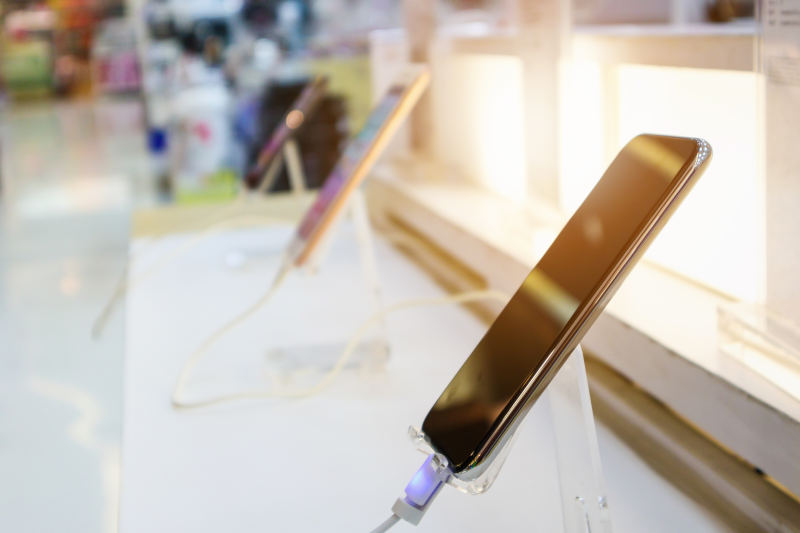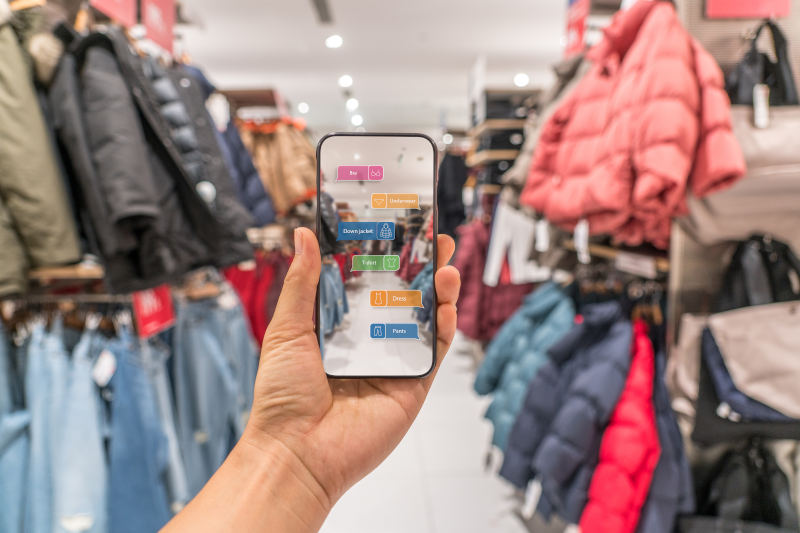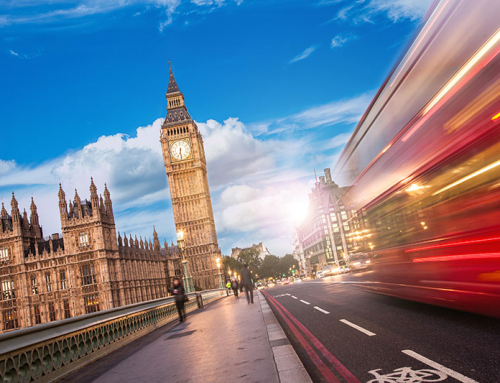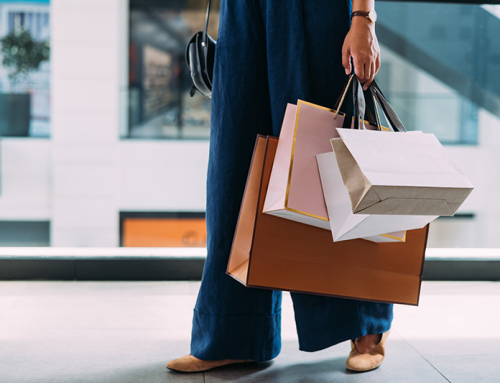Retail sales in September were 4.7 per cent above their level in the same month last year, marking the fastest pace of growth since April 2019, according to data from the Office for National Statistics published last week. Despite this, October’s figures are already depicting a loss in momentum due to renewed COVID-19 fears instigated by the second wave.
With the second nationwide lockdown set to force consumers to shop online, are bricks-and-mortar stores facing a dismal future – or is there a future for both physical and online retail?

Survival of the digital
As Mark Twain famously proclaimed; “The rumours of my death have been greatly exaggerated” – the same statement can be applied to high street retail. While it may be the end of the line for brick-and-mortar brands that have little to no ‘dot-com’ infrastructure, forward thinking companies that invest in digital technologies – including digital assistants, ambient commerce, artificial intelligence, automation and advanced analytics will thrive in a post COVID-19 era.
While the offline-versus-online shopping debate rages, the reality is that it shouldn’t be a debate at all. The two can not only coexist, but directly benefit from each other’s existence.
Omni-channel retail
Researchers have discovered that an online or in-store purchase is not a standalone event, but rather one link in a chain of interconnected translations. There is a developing symbiosis between both mediums, with some consumers saying they’d browse online before making an in-store decision, while others claim they’d resort to online shopping if they couldn’t find what they wanted in-store.
It has also been discovered that the relationship between the customer and the brand is established on the high street. After that initial in-store purchase, others typically follow on the retailer’s website. When buying begins online, further purchases within the retailer’s brick-and-mortar store ensues. This cross-pollination has amounted to millions of successive transactions, significant incremental spending, and increased engagement with a brand from the moment a sale occurred.
When it comes to new store openings, the study revealed that established brands received an average of 37 per cent more web traffic when they opened an additional store. The impact was even more pronounced for newly established brands, who saw an average uplift of 45 per cent.
Click-and-mortar
Alibaba’s Jack Ma has coined the term ‘New Retail’ when referencing the blurred lines between on and offline commerce. For many businesses during the pandemic, physical stores have become a functional part of the supply chain and integral to the success of the online operation.
Built in close proximity to consumers, supermarkets are ideal locations for online orders or click-and-collect services. With a full stock and an abundance of space, it has become increasingly clear that these physical stores offer even more in the way of logistics and delivery opportunities – eliminating the lengthy waiting times and shipping fees.
Amazon’s acquisition of Whole Foods in 2017 serves as further evidence that online convenience is becoming dependent on decentralised and specialist suppliers to fulfil their expansion ambitions. In Amazon’s case, it is a crucial element if they want to become a significant challenger in the mainstream grocery space

Tech space
Apple Store sales have remained consistently strong as the brand continue to find innovative ways to transform their brick-and-mortar retail space. The 2001 introduction of the Genius Bar, has inspired many businesses to adopt their own ultra-streamlined in-store tech support stations – including, most recently, Sky. For the first time in its 30-year history, the British broadcaster are launching high street shops across the UK. The first location will open in Liverpool on 26th October, with more to follow in 2021.
Targetfollow
If the COVID-19 pandemic has highlighted anything, it is the need for retailers to evolve. The surge in online shopping isn’t a temporary change as the consumer market is unlikely to return to its pre-pandemic standing. Companies must therefore establish themselves in the “new normal” by creating or consolidating their online presence. Doing so is key to survival.
At Targetfollow, we understand the crucial role digital retail will play in the coming years. By working closely with Cordis Creative and our tenants, we have been able to expertly configure targeted online marketing that has greatly increased footfall and asset value.






